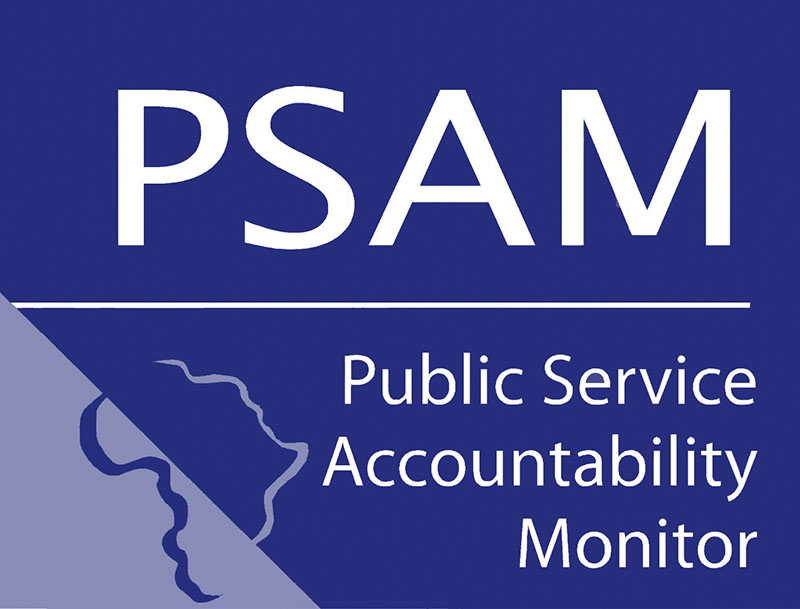To date the Covid-19 pandemic appears not to have been accompanied, in South Africa, by environmental attrition at a scale drastically in excess of that which routinely prevails in the country. For this, officials who have been deemed under the Disaster Management Regulations to be essential personnel, and in particular environmental law enforcement personnel actively functioning on a “business as usual” basis, deserve considerable credit. That said, certain critical role-players have contentiously not been categorized as essential workers, giving rise to predictable legislative violations in association with corresponding reductions in deterrence.
Mercifully though we have been spared sweeping environmental law enforcement suspension of the kind recently announced by the United States Environmental Protection Agency, on the premise that efforts to protect workers and the public from the pandemic may impact on the ability of polluting facilities to meet regulatory requirements.
In contributing to the national effort to curtail the threat posed by Covid-19, the Minister of Forestry, Fisheries and the Environment has published disaster management directions, but their scope is confined to providing for adjusted time frames for administrative processes such as the issuing of permits, and the provision of waste management services, during lockdown conditions.
More ominously, the Minerals and Energy Minister has reportedly indicated that a portion of financial reserves set aside for environmental rehabilitation of closed mines could be used to address the risks of the pandemic. He has also been accused of using the state of disaster to escape accountability for publishing, on the first day of lockdown, amendments to the Mineral and Petroleum Resources Development Act which effectively deprive mining-affected communities of key rights. On the other hand, concerns have been raised about the Environmental Minister’s gazetting – during the midst of a pandemic with potentially fatal respiratory risks for humans – sulphur dioxide aerial emission standards which are twice as weak as preceding standards.
However the real test of the State’s response to the pandemic, from an environmental perspective, is surely yet to come, the question being whether in its efforts to foster economic activity in the aftermath of the contagion, it subjugates compelling environmental concerns even deeper than it has done in adopting various stances in favour of economic interests in recent years. The Mining Minister’s utterances regarding the mining rehabilitation reserves provide a pointer to the direction in which the government has set its sights, but it would do well to consider calls for express departures from pre-pandemic ways of doing things environmentally, and for the charting of new paradigms.
On the matter of alternative pathways, some would say it is unsurprising that looking to the world’s superpowers for cues provides cold comfort. It has been reported that China’s response to Covid-19 involves a substantial increase in coal plant construction, despite the enormous environmental repercussions of the coal extraction-incineration chain. The United States, on the other hand, recently approved a $2 trillion stimulus bill, $500 billion of which consists of yet-to-be-leveraged loans to bail out corporate America, including the most polluting industries like airlines and oil and gas companies
Calls in opposition to such pathways abound. UN Secretary-general Antonio Guterres has joined a growing chorus for leaders to use the pandemic recovery to move towards a greener future and prevent the unfolding global environmental crisis, while the authors of the most comprehensive planetary health check ever undertaken contend that only stimulus packages that offer incentives for more sustainable and nature-positive activities must be deployed, and that this must co-occur with the strengthening and enforcement of environmental regulations. In addition they motivate for a ‘one health’ approach on the basis of the intimate connections between the health of people, livestock, wildlife and the environment.
The South African government, and indeed all governments, need to take full account of these perspectives in formulating their post-pandemic economic recovery mechanisms.


